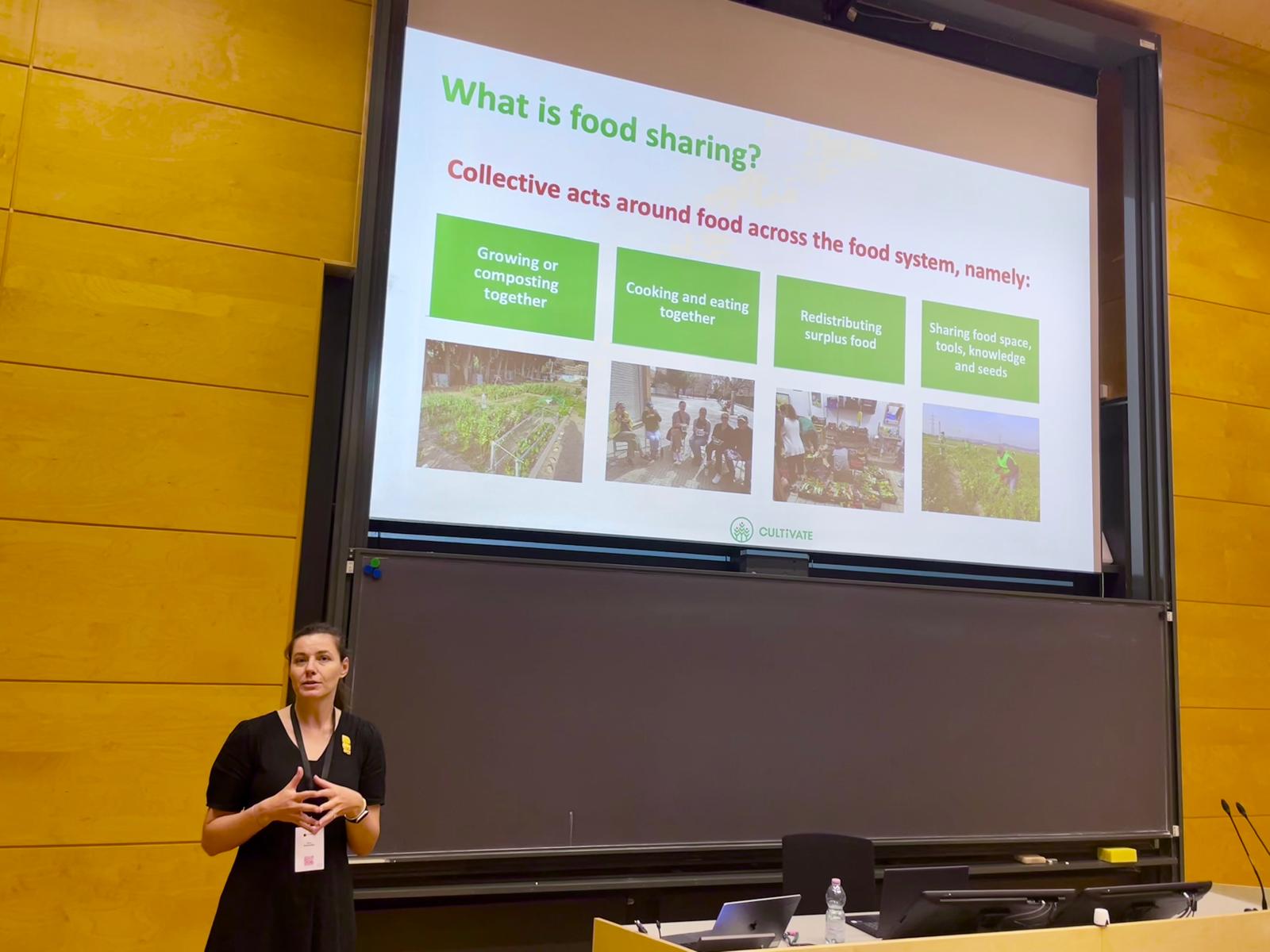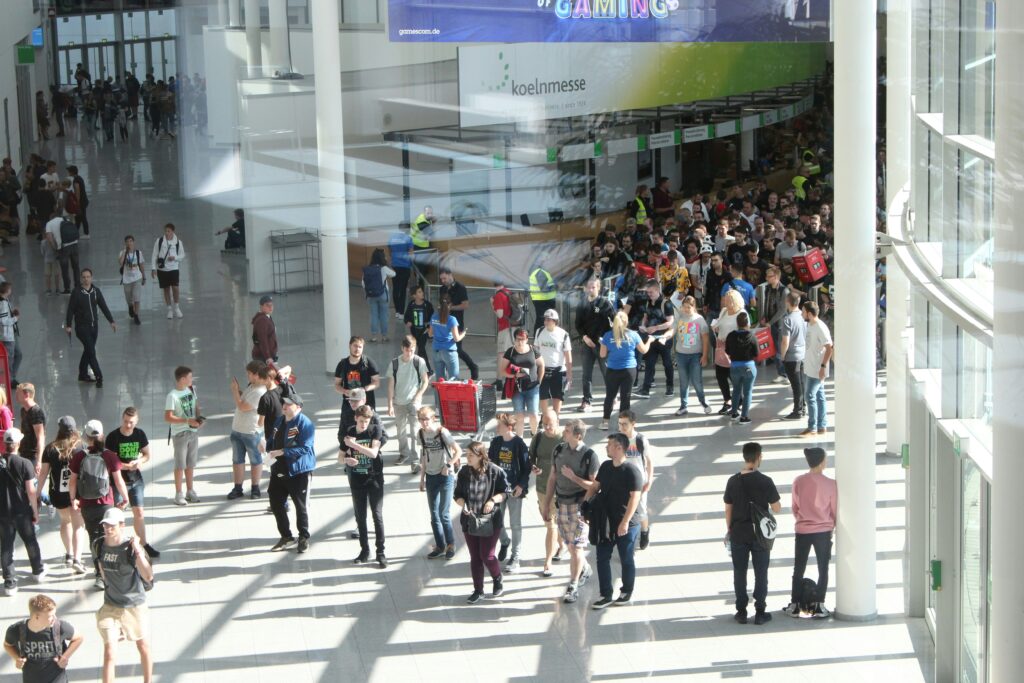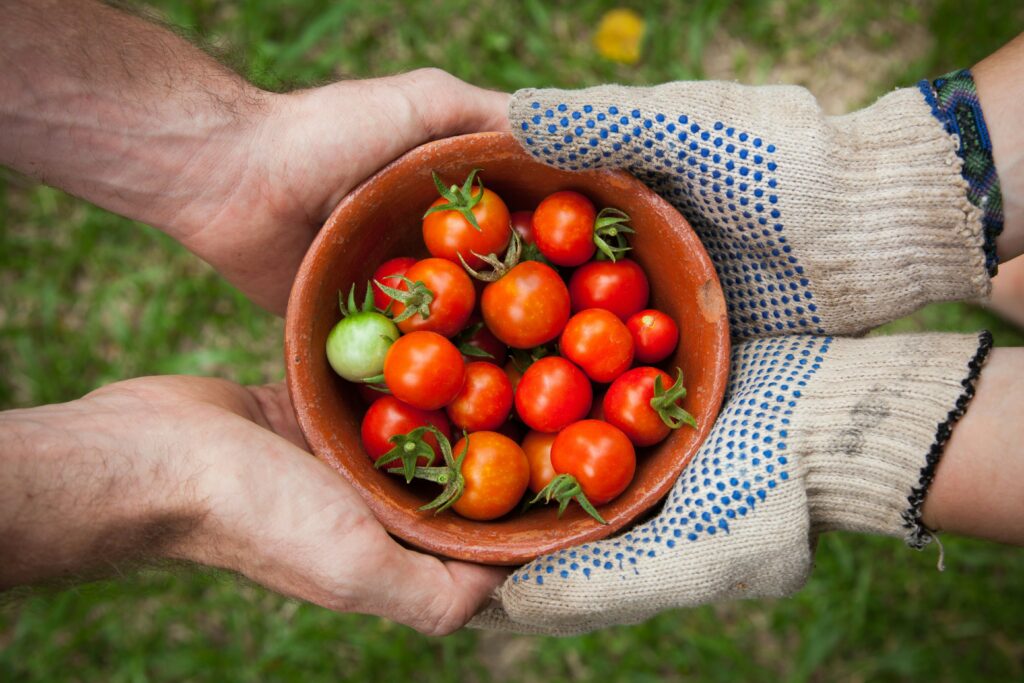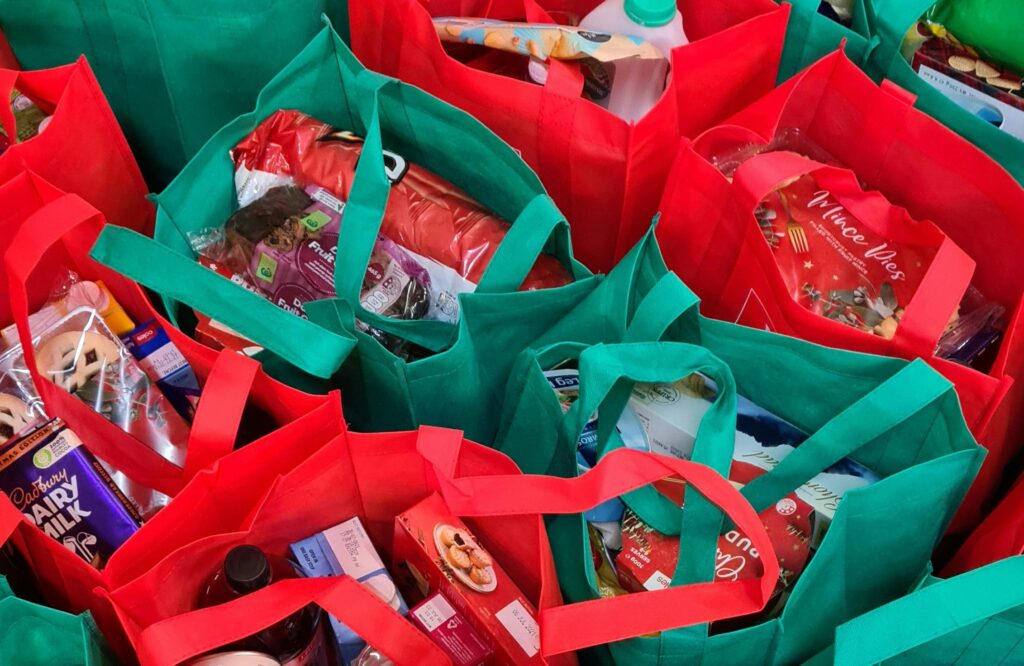From 24 to 28 June 2025, Oslo hosted the joint conference of the International Society for Ecological Economics (ISEE) and the Degrowth movement, bringing together researchers, practitioners, and activists to explore pathways toward just and sustainable futures beyond economic growth.
Vera Sadovska and Yuliya Voytenko Palgan from Lund University shared insights from their latest research. The presentation, titled “Economic challenges and degrowth potential of food sharing initiatives”, highlighted findings from the CULTIVATE project, focusing on the financial realities faced by food sharing initiatives (FSIs) in urban settings and their transformative potential within a degrowth framework.
Drawing on a systematic literature review and 70 in-depth interviews conducted in Barcelona, Milan, and Utrecht, the research identified key economic challenges such as operational costs, reliance on external funding, and regulatory hurdles. The study introduced a comprehensive framework for categorising FSI-related costs and emphasised the critical role of local government support in enabling these initiatives to flourish.
“Food sharing initiatives are powerful tools for advancing degrowth-oriented goals like community resilience, local economies, and reduced resource dependence,” explained Vera Sadovska. “However, ensuring their long-term sustainability calls for rethinking funding models and urban food governance.”
The final discussion highlighted a growing interest in rethinking urban food systems through local, community-led initiatives, pointing to food sharing and other grassroots models as key ingredients for more just and sustainable cities.
The presentation builds on the open-access chapter “Exploring economic challenges and costs of food-sharing initiatives”.
Access it here
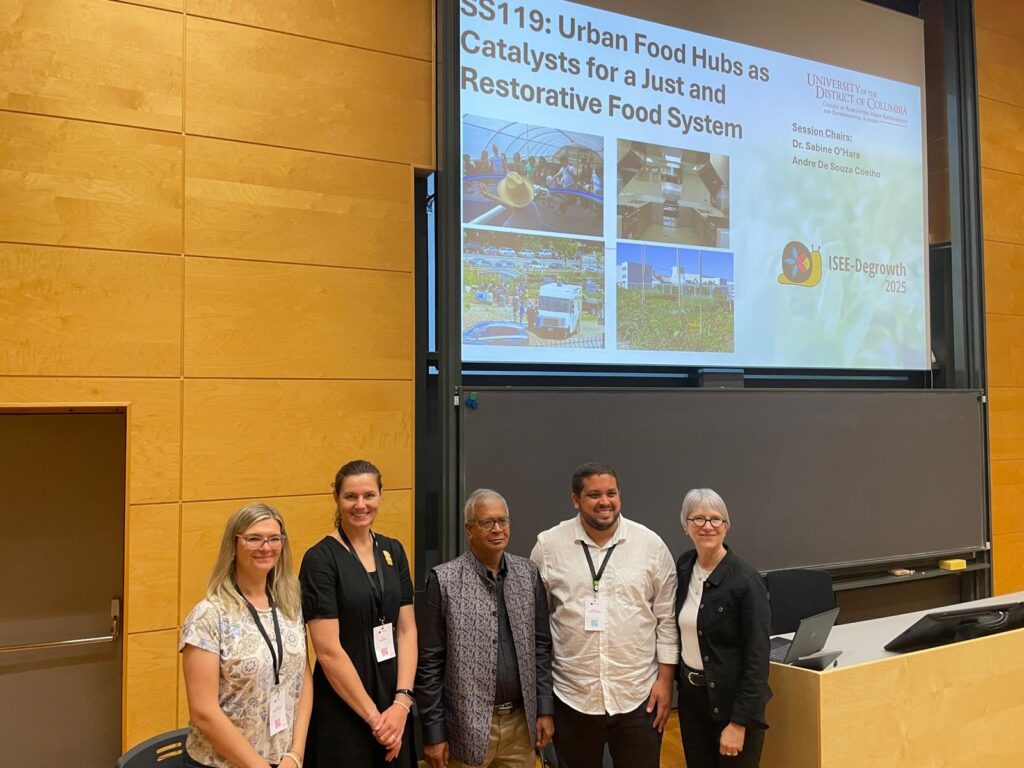
Photo credits: Lund University
